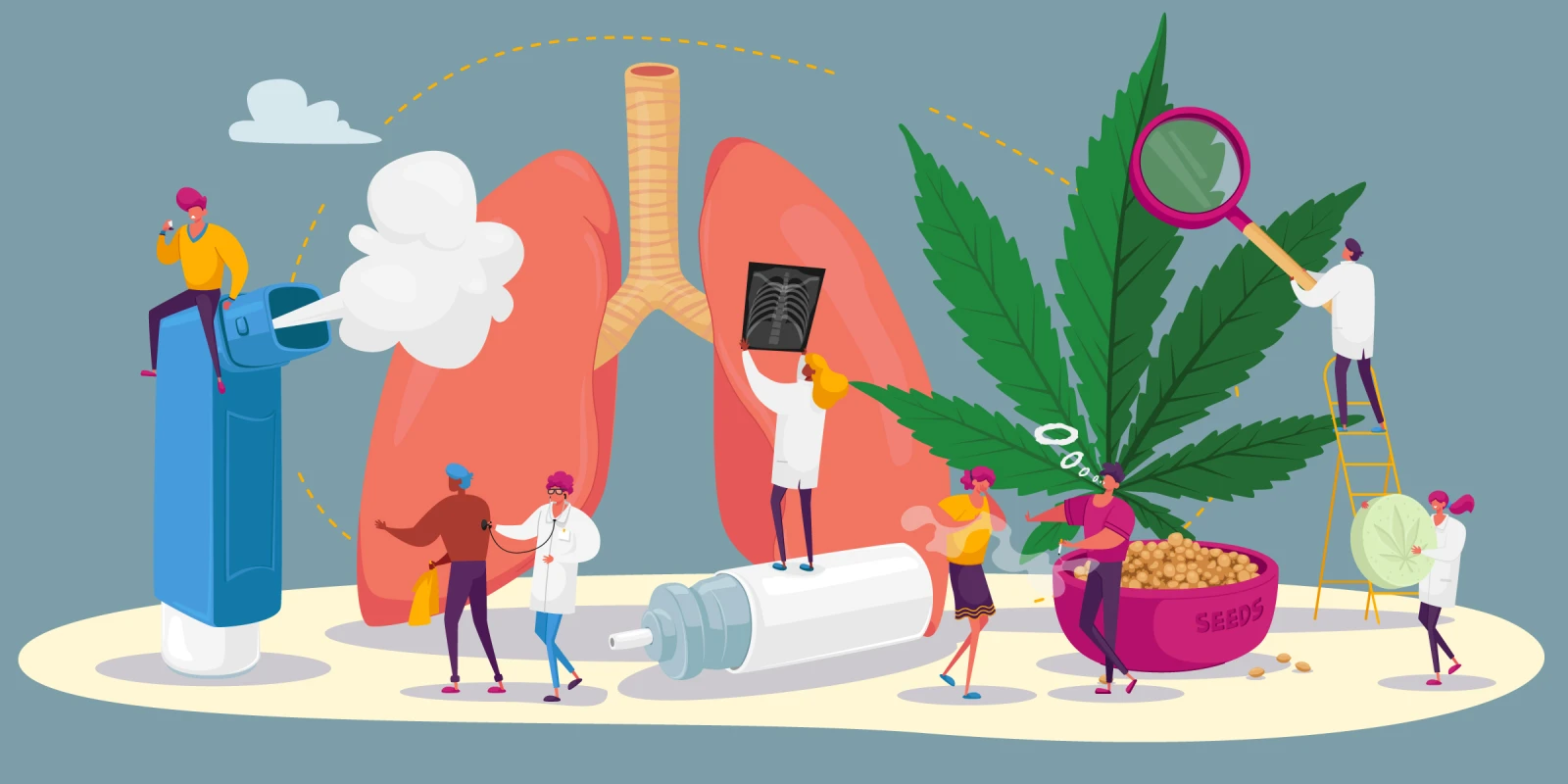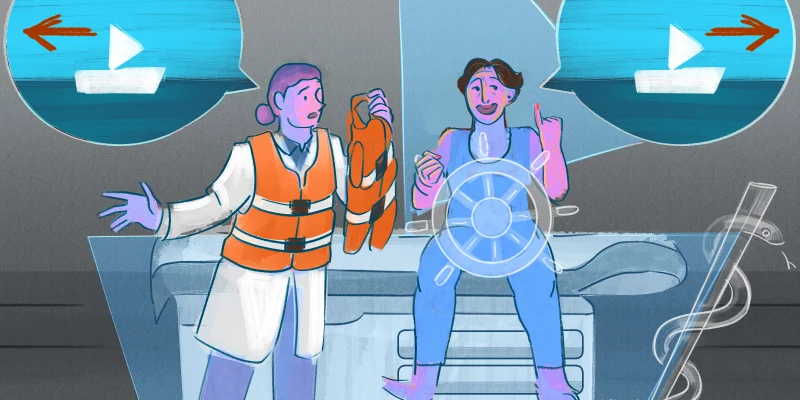Canna Research Foundation, in collaboration with the Allergy & Asthma Network, recently published a new survey study in the Annals of Allergy, Asthma, and Immunology, presented at the AAAAI annual 2021 meeting. The results of the survey of cannabis patterns of use and knowledge and attitudes about cannabis revealed that 18% of the 489 participants used cannabis in the past two weeks. Joanna Zeiger, PhD, principal investigator of the study, was concerned that “of the current cannabis users, almost half-smoked cannabis while a third vaped cannabis; both of these routes of inhalation can have a potentially adverse effect on the lungs. These results are somewhat concerning, considering that many of the smokers and vapers in this study have lung disease and/or uncontrolled asthma.” Increases in coughing and wheezing occurred in those who smoked and vaped cannabis, particularly those with asthma in general and uncontrolled asthma specifically. These increases are problematic because wheezing and coughing can lead to further exacerbation of asthma symptoms, which require the use of oral steroids or emergency department visits.
It is somewhat understandable that the current cannabis users with asthma smoked and vaped as their means of consumption as these routes of administration lead to quicker onset of action than using edibles or tinctures. In this sample, two-thirds were using cannabis for medical or medical/recreational purposes, and they did so with improvement in sleep (75%), decreased anxiety (67%), less pain (68%), and calm (68%), whereas 19% and 6% reported coughing and wheezing, respectively.
Only 34% of the patients’ physicians inquired about cannabis, and 19.2% with current asthma indicated that they want to discuss cannabis with their physician. Education can bridge the gap on proper cannabis consumption for allergic/asthmatic patients. Dr. Zeiger further said, “given that many of the allergic/asthmatic cannabis users in this study are consuming cannabis for comorbid conditions, it is unlikely that they will discontinue cannabis use. However, with proper counseling, they can change the manner in which they consume cannabis, which might lead to fewer adverse effects while still providing symptom relief from other conditions.”
Further studies with larger sample sizes are needed to replicate these results.
Illustration Collage by Jennifer Bogartz / lemono / gettyimages






